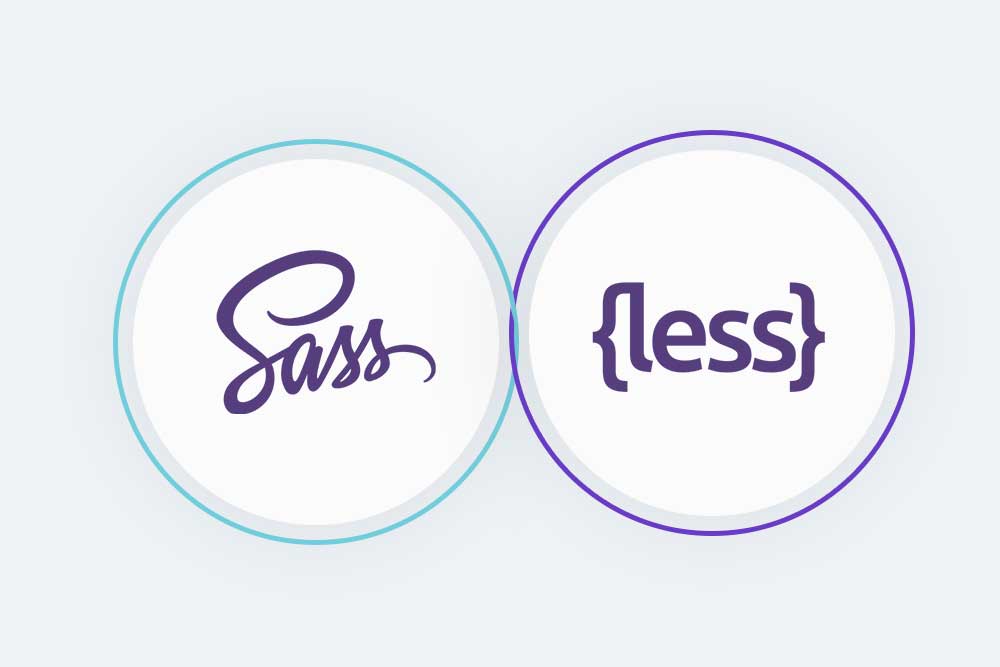What is Node js?
Node.js is a JavaScript runtime built on Chrome’s V8 JavaScript engine. Node.js is used for developing applications that run on a server and respond to requests from the client, typically in real time.
Node.js is one of the most popular frameworks for building scalable web applications and it is used by some of the biggest tech companies like LinkedIn, Yahoo!, PayPal, Uber and many more.
Node js provides an event-driven architecture which means that it does not require polling to detect changes in data or state unlike other technologies like AngularJS and ReactJS which use a traditional HTTP request response cycle where the browser sends an HTTP request to the server and then waits for a response before sending another request to get new data.
Node.js is a platform built on Chrome’s JavaScript runtime for building fast, scalable network applications. Node.js uses an event-driven, non-blocking I/O model that makes it lightweight and efficient, perfect for data-intensive real-time applications that run across distributed devices.
What is Python?
Python is an interpreted, object-oriented programming language.
Python is a high-level, general-purpose programming language. It has a simple and easy to learn syntax that allows programmers to express concepts in fewer lines of code than would be possible in languages such as C++ or Java. Python is also very powerful and flexible, making it suitable for a wide range of applications.
Python is an interpreted language which means that code can be executed directly without the need for compilation into machine code. This makes it very fast to write programs in Python and also provides rapid turnaround times when debugging them.
Scalability in Python vs Node js
Python
Python is a high-level programming language and it has features that make it an ideal choice for scalable, high-performance software development. Python scales well because of its dynamic type system and the automatic memory management.
The most important advantage of Python is the scalability. It can be used in small scripts as well as large applications with no significant difference in performance or development time. The syntax of Python is easy to learn and this makes it easier for beginners to enter the world of programming. The syntax also makes it easier for programmers to switch from other languages to Python and vice versa.
Node js
The scalability of node js is very high and it can be used for both small and large projects.
Node js is an open source, cross-platform runtime environment for server-side and networking applications. It has a very high scalability rate that makes it suitable for developing programs on both small and big scales. Node js is also open source which means that it can be used by anyone without any restrictions.
Node.js allows web developers to create fast, scalable network applications using JavaScript on the server side and on the client side.
Extensibility in Python vs Node js
Python
Extensibility is the ability to add new features to an existing software program. It is a feature that is not available in all programming languages. Python has a very strong extensibility built-in. One can use the “import” and “from” statements to import modules and classes from other files respectively. One can also use the “from” statement to import all of the contents of a module or package at once, which makes it easier for programmers to reuse code across multiple projects.
Python has some limitations in extensibility when it comes to extending classes and creating new objects, but these are not major setbacks as one can still extend classes by using metaclasses or create new objects by using descriptors.
Node js
Extensibility in node.js is a feature that allows developers to create plugins for the node.js runtime environment, and use those plugins from within the same runtime environment.
This feature can be used for implementing various tasks, such as adding new APIs to the runtime environment, adding support for new protocols or data formats, or adding support for third-party libraries that were not available when the application was originally written.
Node.js is an open-source framework built on Chrome’s JavaScript engine. The framework consists of tools that allow developers to write server-side web applications with JavaScript and use it on both desktops and servers without additional software installations or configurations.
Error handling in python vs Node js
Error handling is one of the most important aspects of a program. Errors can occur due to incorrect input, invalid logic, and any number of other reasons. In this section we will be exploring how to handle errors in python and how you can go about debugging them.
Python
The first step in debugging any error is to identify the error type. Python has a number of different types of errors that you will need to identify before you can start debugging it. These include syntax errors, runtime errors, and semantic errors.
Syntax Errors: Syntax errors are very common in programming languages like Python because they are usually caused by an improper use of punctuation or syntax rules. To fix these types of errors you should check your code for any missing punctuation or syntax mistakes and then try running your program again, for more detailed knowledge and practical experience join our ACIL Institute.
Node Js
Node js is no exception. Node js has a couple of ways to handle errors and it is important to know them in order to write better code.
Node js has two ways of handling errors: the first one is called “error first callbacks” and the second one is called “error last callbacks”. The difference between these two methods are that error first callbacks always execute before other code in the callback, while error last callbacks execute after the other code in the callback.
There are also two types of errors: uncaught exceptions and handled exceptions. Uncaught exceptions are those that are not caught inside a try-catch block, while handled exceptions are those that have been caught by a try-catch block. Get more detailed knowledge you con join our ACIL web designing institute.




